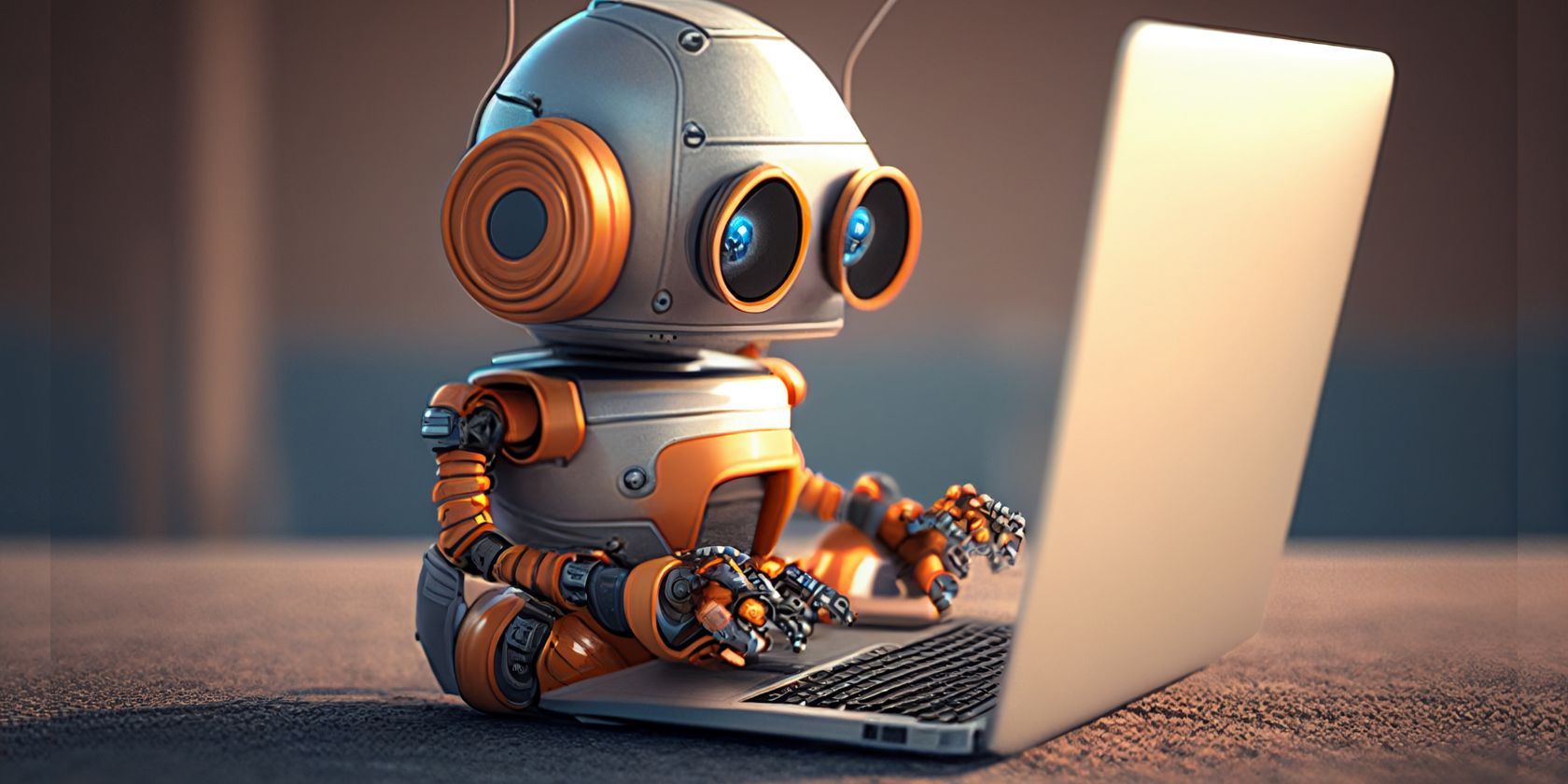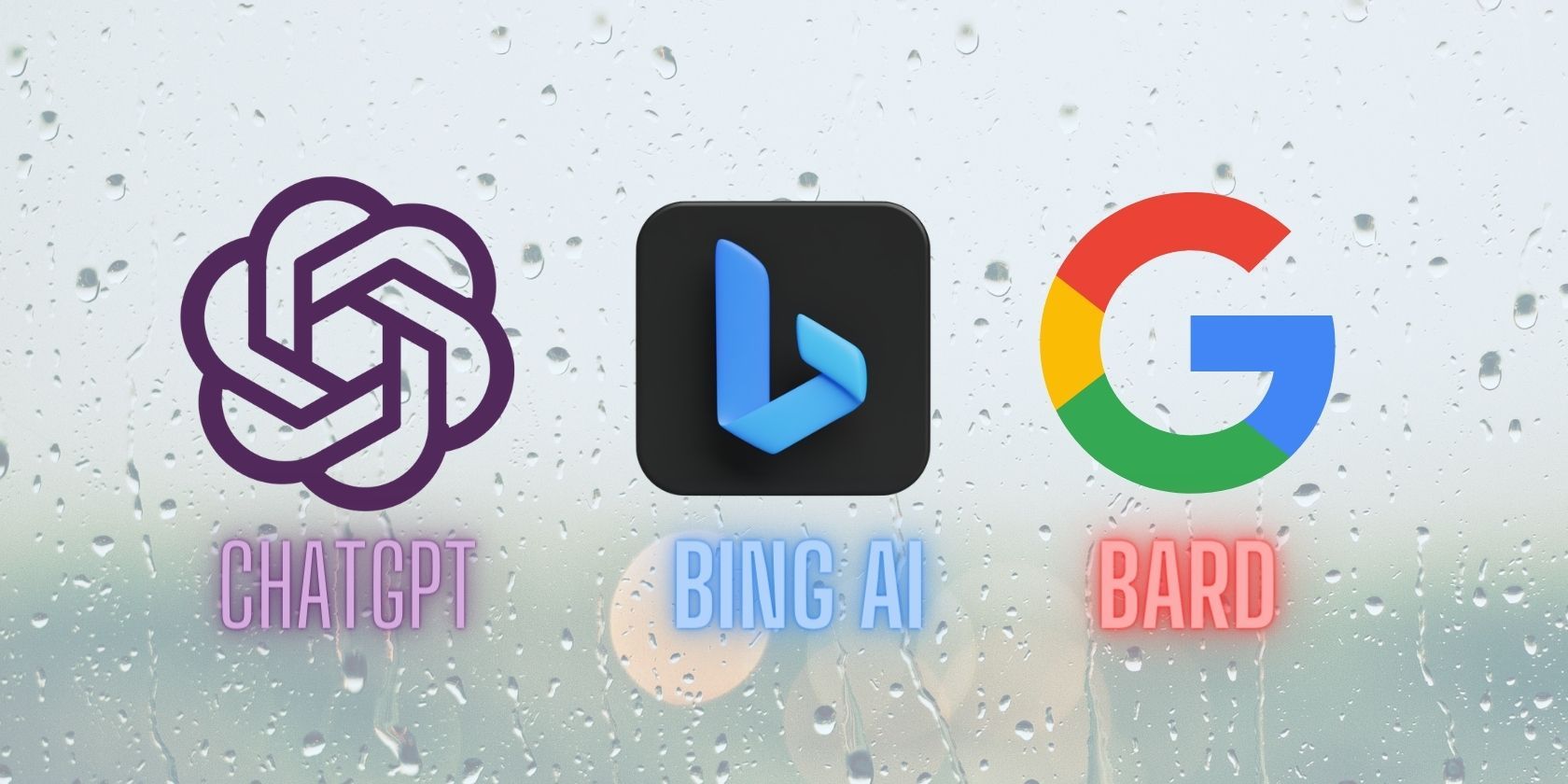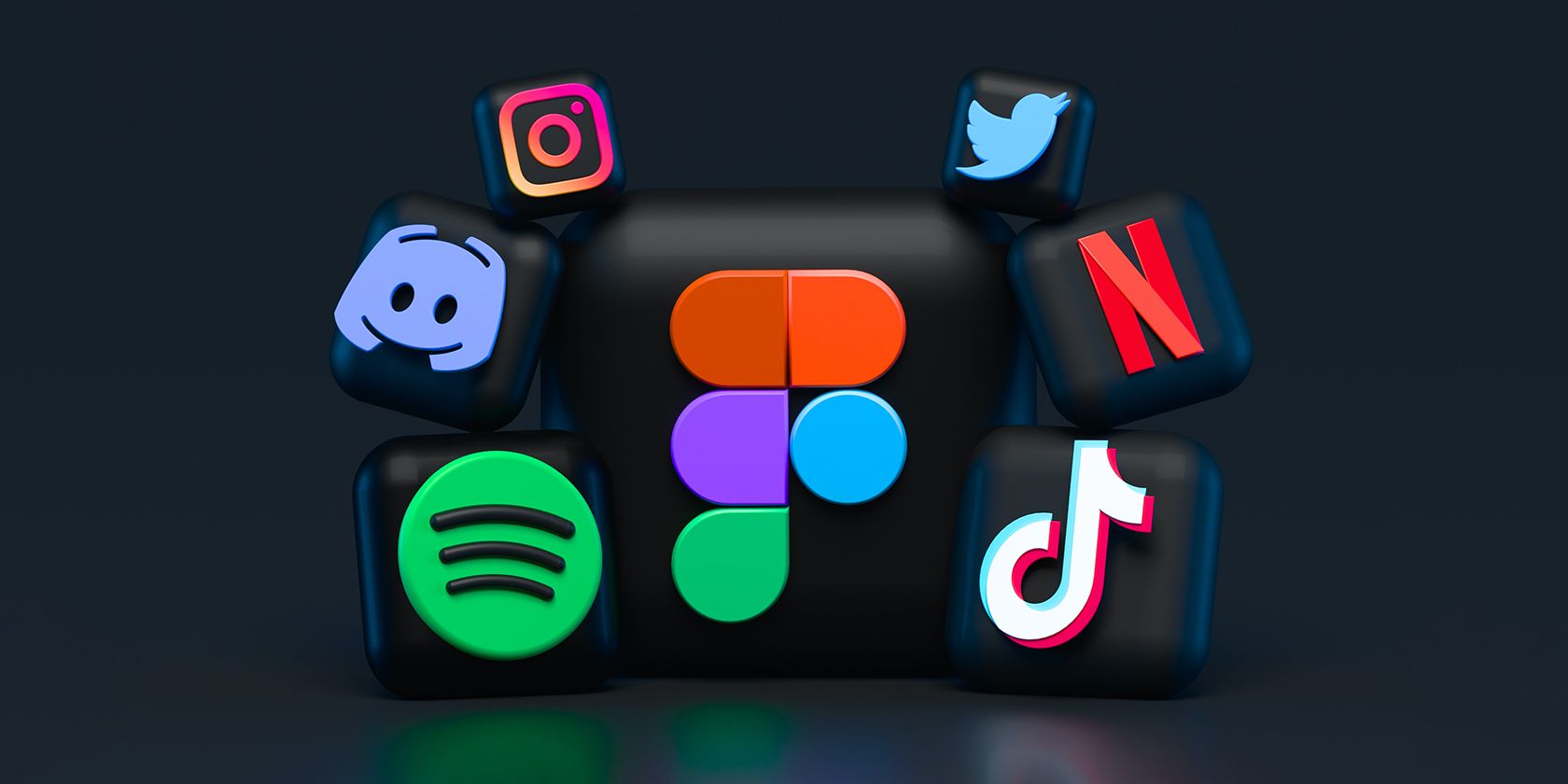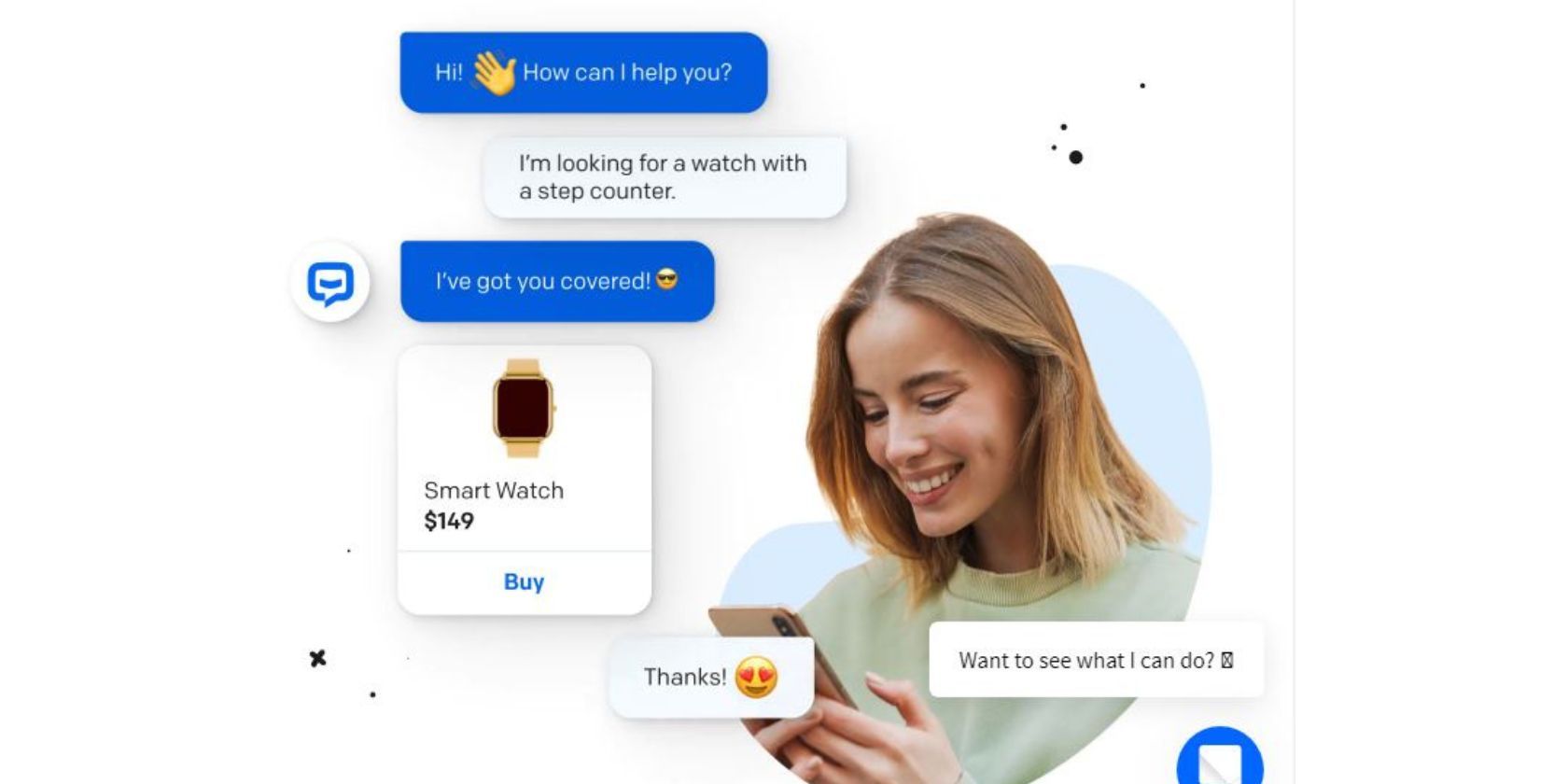Generative AI has taken the world by storm and there's no going back. On one hand, you have people who are excited about the tech and are looking to experience all the ways it will be helpful. On the other hand, there are people who show concern about how the tech may be used in a dangerous capacity.
In this list, we're counting down some of our top predictions on how generative AI is likely to change our lives going forward to give you a more realistic picture of what to expect from it.
1. Synthetic Media Will Become the Norm
Synthetic media (aka AI-generated media) will become the norm in the not-so-distant future. That means most of the content you'll see on your screen will be generated by AI, not an actual human. AI already helps us create content, that's true, but there's a difference between using AI as an assistant and using AI as a creator.
In the former case, most of the content is generated by a human and AI is simply used to speed up the process and make adjustments, meaning AI has a limited role. In the latter case, AI is the one generating most of the content and the human is passively managing the project in the background, correcting errors and refining prompts.
2. Impersonation Will Become a Major Problem
One of the biggest problems with generative AI is the inevitability of people using it to impersonate other people. We've already seen deepfake technology cause similar problems, and as the tech advances further at an exponential rate, it will become increasingly more difficult to differentiate between what's real and what's fake.
It's one thing to impersonate celebrities and public figures, and a whole other thing to impersonate common people who don't have the knowledge and means to defend themselves. And with voice cloning tools getting better every day, it might not be long before you get a scam call from someone pretending to be your friend or family.
3. AI-Powered Work Apps Will Help Increase Productivity
One area where generative AI will prove to be very useful is white-collar work. We saw how Google is integrating generative AI in workspace apps like Gmail, Docs, Sheets, and more.
Microsoft is doing the same with its Office 365 apps. With time, almost all productivity apps will use generative AI, including Slack, Photoshop, Asana, Canva, Mailchimp, and many other popular tools. These new tools will help reduce the drudgery out of office work and allow more room for planning and creative thought.
4. AI Search Engines Will Deliver Instant Answers
With Google and Microsoft now integrating AI in their search engines, users will be able to get instant answers to their queries via chat. We've already seen how capable chatbots can be thanks to the rise of ChatGPT, so it's a fair assumption that this trend will only accelerate.
After all, asking something to a chatbot in a conversational tone and getting an instant answer is much faster than reading a couple of articles on Google. Googling something is the norm today, and asking a search chatbot for answers might be the norm tomorrow.
However, there are things you should never ask chatbots, since AI doesn't always get things right and can feed you false information and twist facts. The smart thing to do as a user would be to use AI search for simple queries, but conduct in-depth research otherwise.
5. AI Will Help Create and Run Websites and Web Apps
There are already tools available that can help you build websites without coding, and generative AI will take this capability to the next level. In the near future, AI will not only help you create websites and web apps, but also run them on autopilot.
That is to say that it'll automatically create and publish new content, create its own editorial calendar, reply to customers, follow up on emails, and update its own code. Of course, human intervention will still be required, but you wouldn't always need to be actively managing your website—freeing up time for other business activities.
6. People Will Use AI to Fake Social Media Photos
In the same way that people use filters to alter their social media photos, it's likely that they will eventually use AI to fake them later. And the tech will be so capable that you wouldn't be able to tell real from fake, so unless you actually know the person personally, you won't know if the kind of lifestyle they are displaying on their feed is actually theirs.
Faking a social media photo right now requires knowing a fair bit of Photoshop. But with a generative AI tool, you can just feed it a couple of your photos, so it learns what you look like, give it a prompt containing the description of the photo you want, and get your desired image.
7. AI Will Help in Online Education and Game Development
Generative AI isn't limited to productivity and social media apps; it's also very likely to make its way into online education and game development. We imagine creators on platforms like Skillshare and Udemy will use generative AI to design personalized courses for their students as an alternative to the one-size-fits-all approach that schools follow.
The scope for generative AI in game development is even bigger. Developers can speed up the development of games by using AI to create game assets such as 3D models and animations. They can also use it for inspiration by looking at AI-generated artwork, feeding it prompts relevant to the kind of game being produced.
8. Chatbots Will Start Appearing in More Places
We may soon see chatbot integration in messaging apps, smart speakers, web browsers, online shopping platforms, web apps, navigation apps, and perhaps even in operating systems like Windows, macOS, and ChromeOS. Each chatbot will be designed to serve specific needs.
For instance, a chatbot in Google Maps could give you a summary of the best restaurants in your area that serve vegan food, a chatbot on Netflix could recommend you shows based on your prompts, a chatbot on Amazon can recommend you a product, and a chatbot on Windows could help you diagnose technical problems and fix bugs (instead of having to google solutions).
Generative AI Will Change Your Life, for Better and Worse
AI, ultimately, is a tool and the way we use that tool will determine the outcome. The internet, for example, has its own pros and cons, but no one in the modern world would choose to go without the internet for obvious reasons.
In the same way, it could be so that we may learn to live with the downsides of generative AI while reaping its benefits. There will need to be strict regulations and laws set in place to mitigate the dangers of the tech. We face plenty more changes from the wider tech world in the near future, too.




